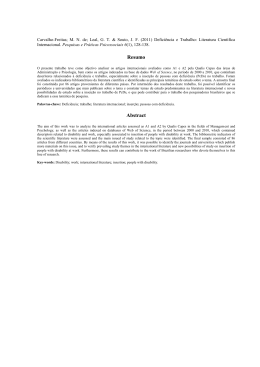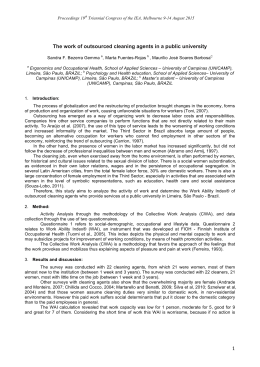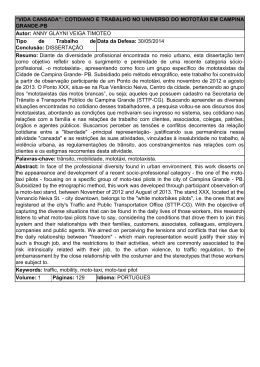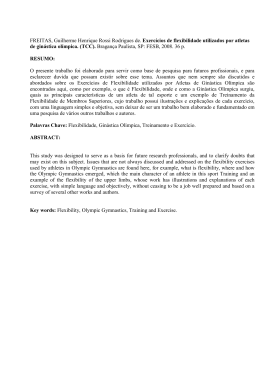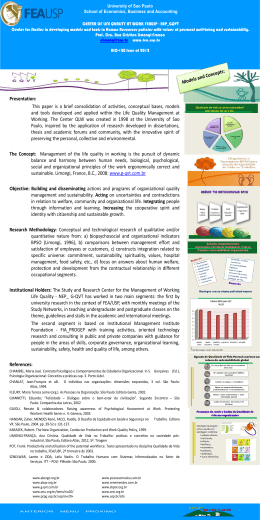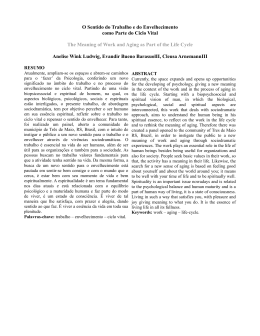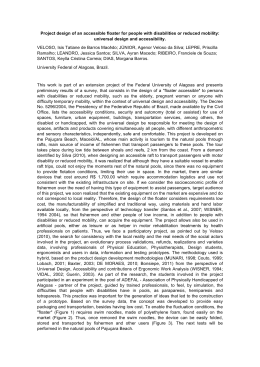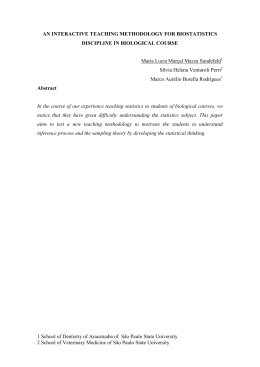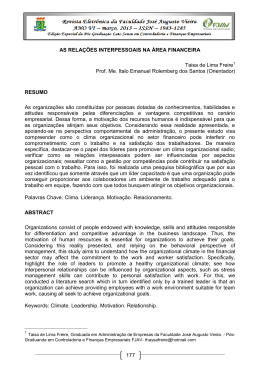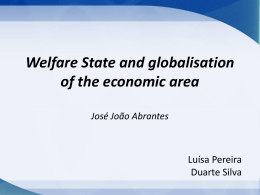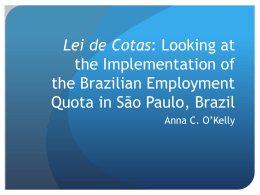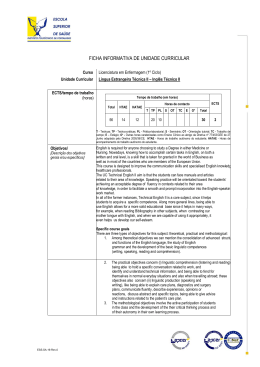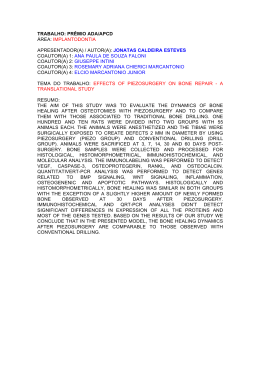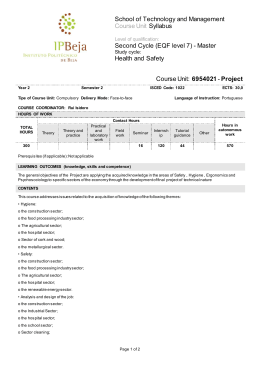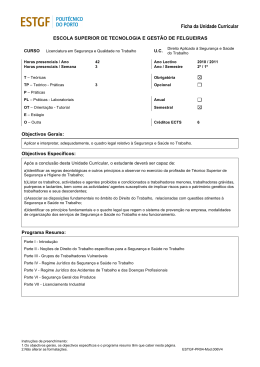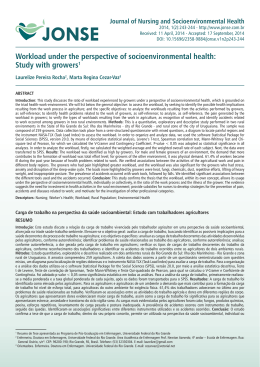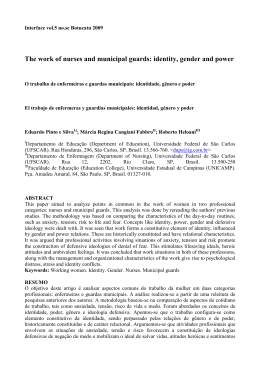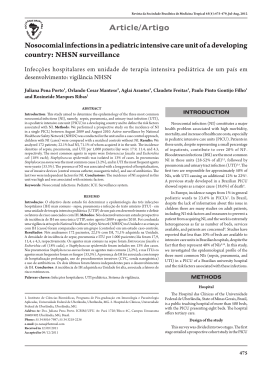Mesa 11 The Guestworker-System and its impact on migrant workers in 20th century Western Europe Marcel Berlinghoff One of the global labour migration systems of the 20th century was the guestworker-system that led more than 30 million workers to the industrial centres of Western Europe between the 1950s and the 1970s. While most of the guestworkers returned to their home countries – as expected – or went on to other places offering better opportunities, some of them stayed, started families and became, next to (post)colonial migrants, the basis of nowadays immigration societies. The main principle of the guestworker-system was the temporary stay of migrant workers guarantied by any kind of legal rotation-rules. By its corporate and governmental proponents it promised a fourfold-win-situation which all actors involved could benefit from: the companies as they got urgently needed labour force, the host countries as they saved social costs in rising, educating and providing the additional population with social care, the sending states as a brain-drain was converted to a brain-re-gain, and finally the workers themselves that could earn some more money than in their home-countries. In fact, the guestworker-system left the workers themselves in a vulnerable situation: Their precarious residence status exposed them to both legal and illegal exploitation by the employers while their assumed return kept them uninteresting for the unions and deterred many migrant workers from fighting for their rights. The paper derives from a dissertation about the European recruitment stops in the early 1970s. It sketches the principals of the guestworker-system, discusses its impacts on the workers themselves and shows the discrepancies between the postulated ideal types and the reality that finally led to the end of the official guestworker recruitment in Europe. These results may also be insightful to judge current plans to reactivate the guestworker-system, e.g. in Canada. Labor markets in the colonial context. How colonialism produces wage laborers in 19th century Algeria Julia Harnoncourt Algeria as an early African settler colony is the perfect case study for colonial strategies concerning the transformation of pre-colonial population into subordinated wage laborers and the production of a segregated labor market. Various strategies were designed to pressure the colonized to be a part of the colonial work force, for example the process of land grabbing – which stripped the colonized from their means of production and also weakened their cohesion by dividing additionally them geographically – increased or the tax the policies, financial which pressure. This process is accompanied by a theoretical superstructure composed by several racial ideologies about the colonized as well as the colonizers, portrayed as their counterpart. These creations of racial characteristics had different starting points which often were contradictory, like for example the supposed laziness of the colonized or their also mentioned special esprit, forcing him to work. Following the assumption that working has civilizing powers these theories were also part of the civilizing mission. Within this argumentation we can see a legitimatory basis for the creation of segregated labor market, as well as racial ‘scientific’ doctrines of this century. This paper analyses the actual consequences of this development, being a segregated labor differentiated market, labor with tasks differentiated along invented occupational racial hierarchies, lines and with with differentiated payment, leaving the colonized with just a quarter of the payment of an European laborer. How political factors shape the labor market evolution in Senegal after 1945? Lessons from History Babacar Fall The aim of this communication is to point out the role of the political factors as a key element in the changes of the labor market configuration in Senegal after World War II through four illustrations: The policy of the Union Française (1946) with the FIDES had facilitated large investments which helped to make the private sector the biggest employer in the colony of Senegal for about twenty years (1946- 1966) The loi-cadre (1956) introduced the breakdown of the French West Federation (AOF) and the loss of the industrial market. This generated a lingering The post crisis within colonial State had the industrial sector stimulated a burgeoning public sector job growth which made it the biggest employer in the country from 1966 to 1990 The adoption of structural adjustment policies led to the withdrawal of the State from the labor market with two important consequences: the rapid development of the called informal sector ( the biggest employer since 1990) and the steady growth of unemployment By analyzing these different steps in the French colonial as well as in the Senegalese Post Independence State policies, this communication will show how the change in the labor market was not determined by economic factors alone but was shaped by political factors too. From this case study, lessons will be drawn for advocating more attention to the relationship between economic and political factors in history. IMIGRANTES JAPONESES E MERCADO DE TRABALHO AGRÍCOLA EM SÃO PAULO - 1908-1958 Gustavo Takeshy Taniguti As experiências de trabalho dos imigrantes japoneses no estado de São Paulo entre 1908 e 1958 se concentraram em grande parte no setor agrícola. Acompanhando o crescente desenvolvimento econômico do estado, os japoneses encontraram formas ocupacional ao de criar inclusão em estratégias melhores singulares posições voltadas na estrutura a atividade para econômica, e o grande fluxo de deslocamentos regionais desta população demonstrou a busca constante por alternativas diferenciadas e rentáveis de produção agrícola. Este texto tem como objetivo discutir, na experiência da imigração japonesa no Brasil, as formas de inserção desses imigrantes no universo mercantil circunscrevendo o fenômeno analisado entre 1908 e 1958. Três principais a literatura segundo interesses fundamentam especializada, as esta discussão: oportunidades i) sociais como, foram historicamente criadas para os imigrantes japoneses em São Paulo; ii) quais foram as configurações pelas quais tais oportunidades se distribuíram para a população de imigrantes japoneses no mercado de trabalho; iii) como é possível revisitar esta literatura a partir da utilização de novos dados e do debate recente sobre imigração e mercados; Inicialmente, destaco quais foram os principais autores que em suas análises relacionaram a imigração, o trabalho e as oportunidades para compreender a trajetória dos japoneses no mercado de Posteriormente, trabalho sugiro paulista quais são no os percurso possíveis de caminhos várias de gerações. interpretação existentes a partir das argumentações iniciadas por esses autores, de forma que as limitações destes estudos sejam apontadas e o debate sobre o tema ganhe novas contribuições frente ao desenvolvimento de recentes debates e de dados empíricos. Neste sentido, busco demonstrar a atualidade dos dados produzidos pelo survey “The Japanese Immigrant in Brazil” (1969) e sugiro de que forma a literatura atual sobre mercados de trabalho e sociologia econômica pode renovar o debate acadêmico.
Download
